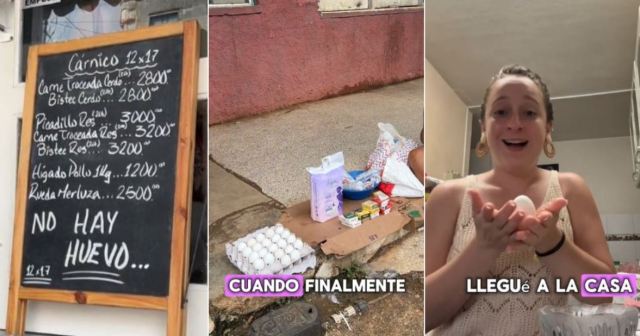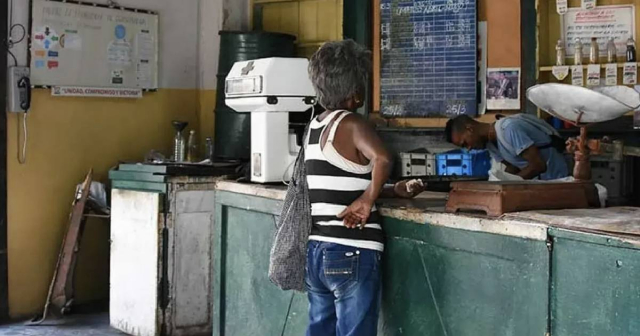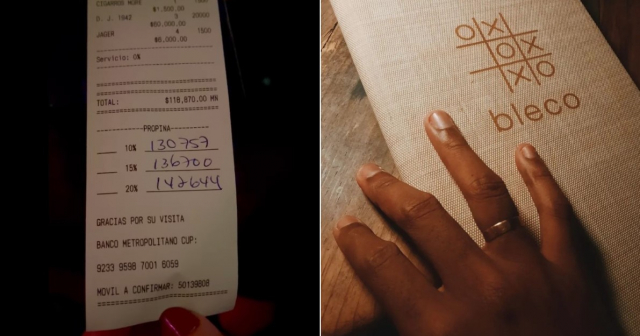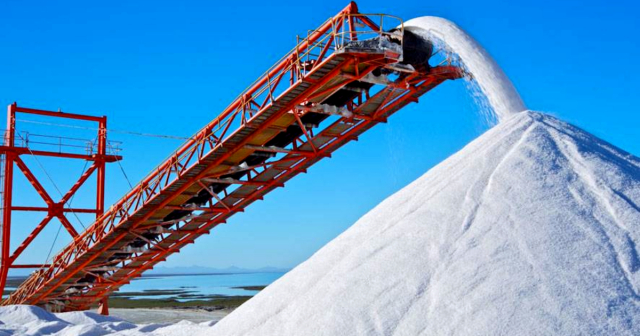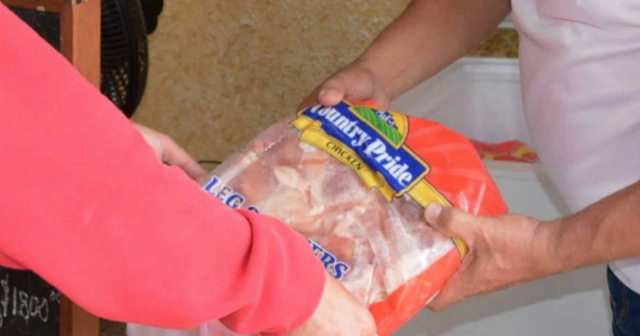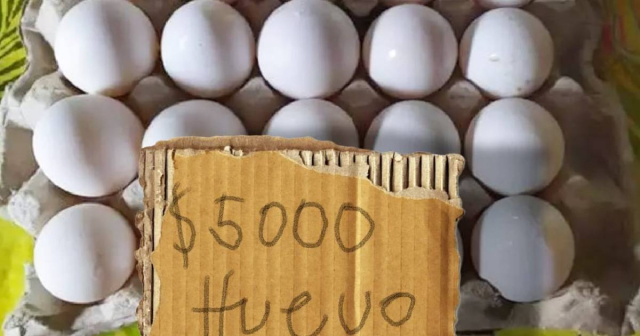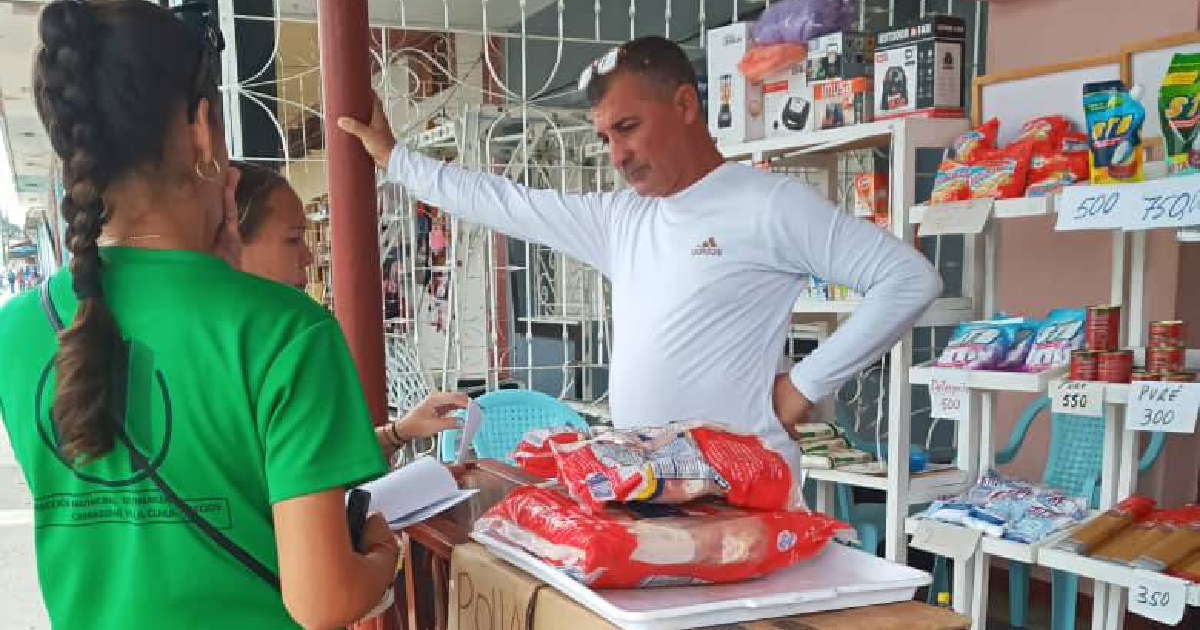
The Ministry of Finance and Prices (MFP) of Cuba closed deals and withdrew work projects from 368 "non-state actors" between August 17 and 23, as part of the "continuation" of the government’s crackdown on the private sector.
In just one week, the government ordered the closure of 171 establishments and the termination of 197 work projects by private entrepreneurs, in addition to carrying out 58 confiscations of products and 773 forced sales due to "detected violations."
The MFP attributed the sanctions to reasons such as "selling products without displaying prices, failing to show the legality of the raw materials used in providing services, not displaying QR codes for the payment gateways, and employing staff that works without the appropriate contracts," according to the official regime newspaper Granma.
The "control actions" of the governmental body were aimed at detecting price violations, tax inspections, and banking activities, as has happened since the campaign to scrutinize the private sector intensified.
In this particular week, the authorities stated that the main violations were the non-compliance with the prices approved by the Committee for Procurement and Price Agreement and those regulated in Resolution 225/2024 of the MFP.
With this latest regulation, in effect since last July, the government set the retail prices for six basic products with high demand: cut chicken, edible oil (except olive oil), powdered milk, pasta, sausages, and powdered detergent.
Since its implementation, the authorities have increased control operations throughout the country to detect price violations in the non-state sector and sanction offenders.
The MFP also reported that to date, 157,331 fiscal control actions have been carried out, in which debts totaling 2,999,390,000 pesos were determined.
According to data published by the government entity, 49 tax audits were also conducted with an amount of 58,605,000 pesos and 2,772 oversight operations with an amount of 886,314,000 pesos.
The authorities also monitored the compliance of 154,510 taxpayers, of which 99,871 had underreported their income. The report specifies that a debt of 2,054,471,000 pesos was assessed against them.
In mid-July, following the implementation of price caps on private businesses, Prime Minister Manuel Marrero Cruz clarified that the government does not seek to indiscriminately close businesses but aims to persuade merchants to comply with the established regulations.
However, a little more than a month after the implementation of Resolution 225/2024 from Finance and Prices, the regime's crusade against the private sector has intensified.
Among the consequences, the population has reported the "disappearance" of many of the fixed-price products from the offerings of micro, small, and medium enterprises (mipymes).
Likewise, complaints about state-owned stores in freely convertible currency (MLC) continue, as they maintain their exorbitant prices, which are prohibitive for the vast majority of Cubans living on the island.
Marrero Cruz stated in July that the price caps were set to curb their uncontrolled growth, although he acknowledged that they still do not reflect the appropriate relationship between prices and wages. On the other hand, he admitted that the stores in MLC sell at prices equal to or higher than those of the mipymes.
What do you think?
COMMENTFiled under:

